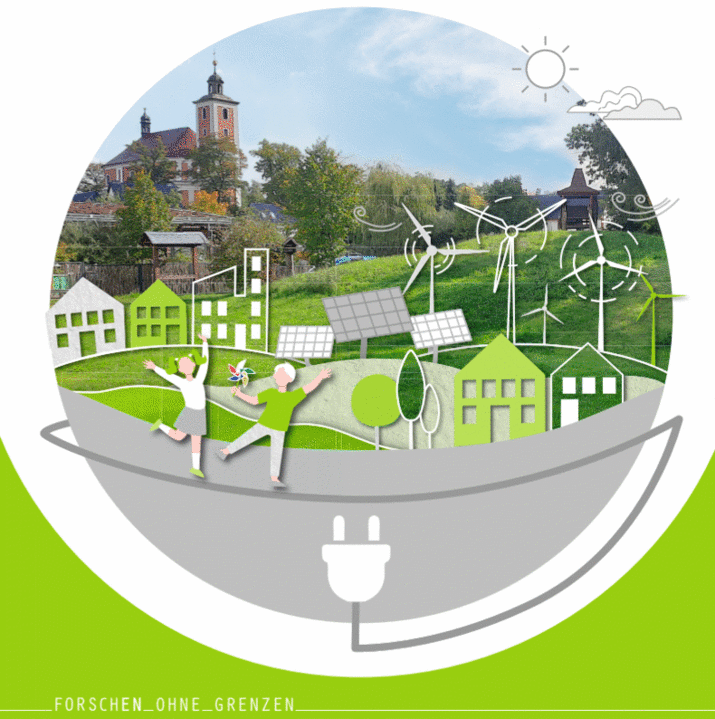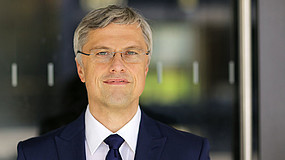
Since January 1, 2022, a project consortium consisting of Zittau/Görlitz University of Applied Sciences, the municipality of Nebelschütz, the private energy consultant Hannes Wilhelm-Kell and the Bautzen district energy agency has been preparing a feasibility study for a "grandchildren-friendly" energy supply in the municipality of Nebelschütz. The Zittau site of the Fraunhofer Institute for Machine Tools and Forming Technology IWU and the Fraunhofer Research Institution for Energy Infrastructures and Geothermal Energy IEG are also supporting the project. The aim is for the local community to become self-sufficient in electricity and heat.
The municipality of Nebelschütz is located in the district of Bautzen in the Free State of Saxony. The municipality has been pursuing a sustainable development strategy for more than 20 years. In 2019, the visions for an energy supply suitable for grandchildren were summarized in a community energy concept for the municipality of Nebelschütz. The long-term technical and economic feasibility of this community energy concept is being investigated in this feasibility study as part of the "Sustainably out of the crisis" value-added initiative of the Saxon State Ministry for Energy, Climate Protection, Environment and Agriculture (SMEKUL).
The first step involved analyzing the current state of the energy supply structure in the municipality of Nebelschütz. This includes a list of the energy systems and the feed-in and demand curves, as well as the existing structures for the provision of heat and electricity in their current state. This basic data is used to determine future energy potential based on a sustainable generation structure. In comparison with the existing heat generation structure, potentials for the substitution of conventional heat generators can be quantified. Possible concepts based on self-consumption, storage and marketing of energy quantities in a separate balancing group are being developed to increase the self-use of the energy quantities generated. Cross-sector interfaces for electricity, heat and gas are taken into account. The concepts under consideration are then evaluated in terms of their technical and economic feasibility. This evaluation ultimately results in a recommendation of measures for implementing the future energy concept.
The main focus of the study was on citizen participation, optimal own use of electricity for municipal purposes, a balanced relationship between citizen benefits, local commercial marketing and linking with other existing projects.
Final event Final report Aufwind!2022 (News article)

